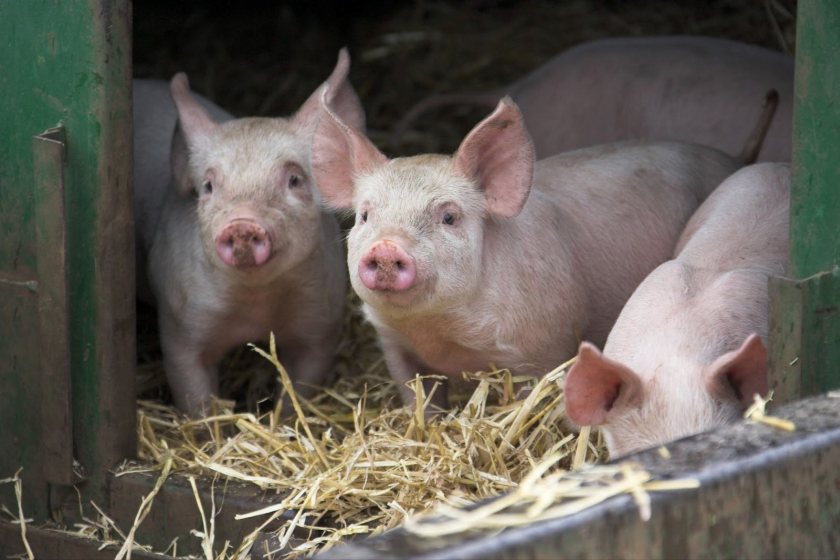
RSPCA Assured has announced new animal welfare standards for pigs and some of them must be met by farmers in just three months' time.
Support is available to help pig producer members to meet the updated standards, the assurance scheme said today (3 December).
Most of the new welfare standards must be met by 3 March 2025, but a few bigger changes will come into effect from March 2026.
Split-sexing of male and female pigs by the time they reach an average live weight of 50kg will be introduced from 3 March 2026.
And from that date, cull sows and boars must be transported according to the RSPCA’s transport standards - and by an RSPCA Assured-approved haulier.
An RSPCA Assured spokesperson said the standards meant farmers would make an 'even bigger contribution' to pig welfare from 2025 and 2026.
“We know change is always difficult, but we hope it will reassure members that we’ve provided more than a year’s notice for some of the most significant updates to the standards.
“We are here to support members during this period to ensure they’re ready to meet the new standards and encourage them to get in touch with our farming engagement team.”
What are the new standards?
The RSPCA Assured's new standards include:
• The introduction of split-sexing of male and female pigs by the time they reach an average live weight of 50kg, reduced from 110kg. The RSPCA says this is an important change as females in mixed-sex groups are subjected to aggression and mounting by males (must be met by March 2026)
• Cull sows and boars must be transported according to the RSPCA’s transport standards - and by an RSPCA Assured-approved haulier. They must also be slaughtered according to the RSPCA’s slaughter standards at an RSPCA Assured-approved abattoir (March 2026)
• The use of off-site lairaging facilities must not be used as an extension of the abattoirs’ on-site lairage. Off-site lairages may only be used in emergency situations
• A prohibition on the use of equipment that is designed to rear surplus piglets, except in emergency situations to protect the welfare of sick piglets. An example of this type of equipment is a rescue deck - a box with a milk line system - where piglets from very large litters are typically placed with the idea of reducing competition for their mothers’ milk.
